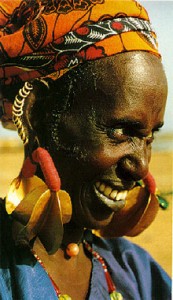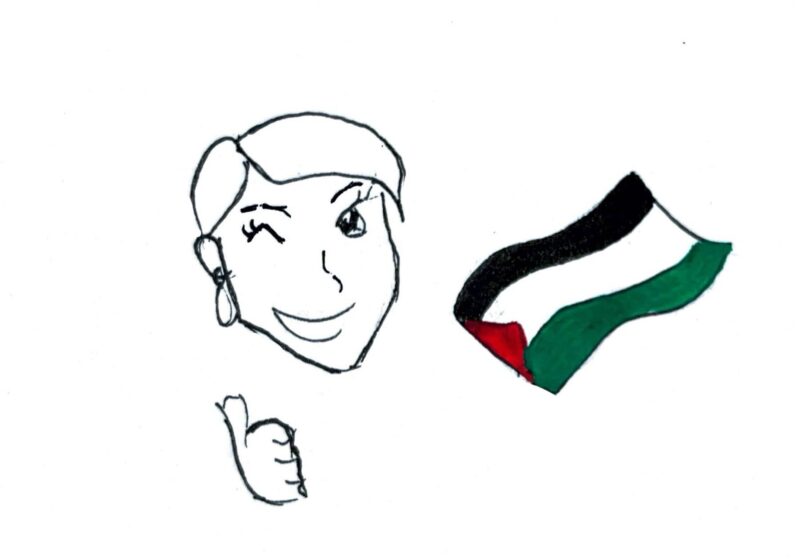In October 2010, in Nairobi Kenya, the Decade of the African Woman was launched recognized by the African Union (AU) and the United Nations (UN), and supported by the Maputo Protocol Manifesto. The decade theme is a “grassroots approach to gender equality and women’s empowerment.”
The Maputo Protocol manifesto emphasizes 10 matters of concern: 1. Fighting poverty and promoting economic empowerment of women and entrepreneurship 2. Agriculture and food security 3. Health, maternal mortality and HIV/AIDS 4. Education, science and technology 5. Environment, climate change and sustainable development 6. Peace and security and fighting violence against women 7. Governance and legal protection 8. Finance and gender budgeting 9. Women in decision making 10. Young women’s movement.
Despite the obstacles they face in the developing continent, women in Africa have made commendable progress in most areas of life, and especially in political leadership. Liberia, for example, inaugurated Africa’s first female president in 2006. Her Excellency Ellen Johnson Sirleaf was a leader in her country’s peace movement. She defeated a soccer star with nearly 60 percent of the vote in a highly patriarchic society.
In other African nations, women make up a significant part of their governments. Rwanda leads all nations in this regard with about 48.8 percent of its parliament consisting of women. Other African nations with high percentages of women in government include Mozambique at 34.8 percent, South Africa at 32.8 percent and Tanzania at 30.4 percent. Kenya also produced the first woman Nobel Peace prize laureate, the Honorable Waangari Maathai. This, in part, is due to national mechanisms that have been designed to help include women’s issues in the policies, plans and programs of government.
Nonetheless, these mechanisms for the full integration of women into government and national economic decision-making processes have been stalled due to a lack of funding, as well as continued resistance by male-dominated state structures, which are reinforced by the world imperialist system. The current global economic crisis has disproportionately affected Africa and consequently the status of women.
However, does the African woman know that a whole decade has been dedicated to her? As shocking as it might seem, many African women both in Africa and in the Diaspora are not aware of the existence of the decade, let alone what opportunities they could take advantage of as a result of the decade or how they could contribute to it.
It is also interesting to note that the mainstream media, such as CNN, BBC and the like, has decided to ignore such a remarkable event, maybe because it does not sound as captivating as Muamar Quaddafi’s defiance speeches, economic sanctions on Zimbabwe, Somali pirates in the Indian Ocean or Sudan’s secession. On the other hand, local media in Africa, rather than emphasizing the importance of the decade, have become vessels of communication for politicians selling their propaganda.
Therefore, it is up to the African woman, whose cage has been opened like a bird, to spread out her wings, fly high and realize her full potential. She has been the backbone of the African society, and now is her time to go international, showing the world what she can contribute. And what if someone tries capturing her and putting her back in the cage? Well, some bird poop would be more than appropriate! Happy Decade of the African Woman!
Achudi is a member of
the class of 2014.





